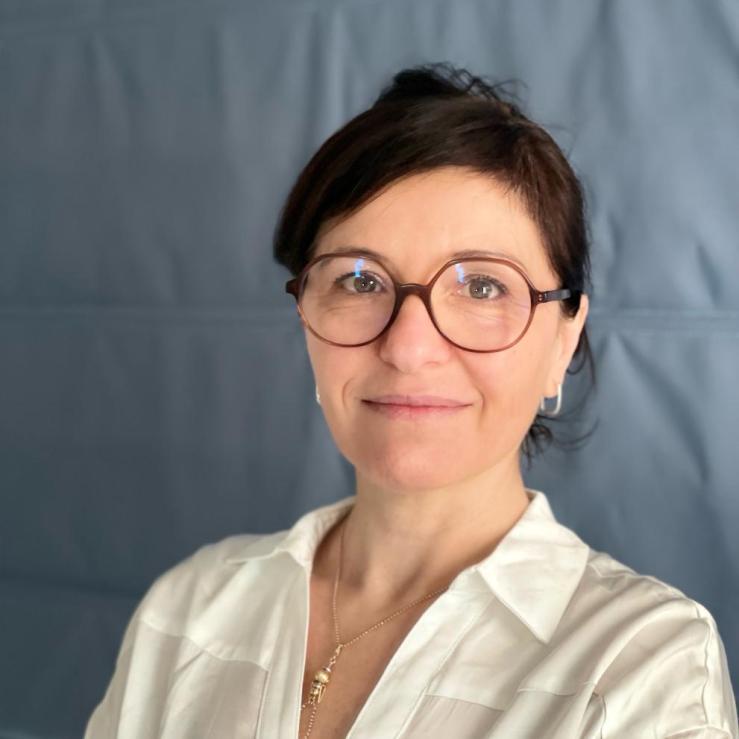The European Innovation Council (EIC) is tasked with taking breakthrough concepts and technologies out of the boardroom or the lab and into the real world. Central to this are the EIC Programme Managers, who are responsible for the active management of portfolios of EIC-funded projects and for identifying potential challenges for emerging technologies and disruptive innovations. We had the opportunity to talk with Federica Zanca, EIC Programme Manager for Medical Imaging and AI in Healthcare, who provided us with unique insights into her professional journey and her role within the EIC and shared with us her predictions about the future of medical AI.
-
How did you decide to become involved in advancing medical imaging research?
I initially became involved in advancing medical imaging research through my master's thesis. At the University of Ferrara, our research department possessed a mammography unit, and my thesis focused on developing a monochromatic source for breast imaging. The rationale behind this choice was the belief that a monochromatic beam could enhance disease visualisation. The positive experience of contributing to a field with significant patient impact motivated me to further pursue this path.
Subsequently, I embarked on a Ph.D. journey at KU Leuven in Belgium, known for its innovation in research and education. Over time, I transitioned into a professorial role. Ten years into my career, driven by the desire to make a tangible impact, I decided to join a major corporation specialising in the manufacture of imaging equipment. In this new role as chief scientist, I continued my commitment to advancing medical imaging research.
-
What does it mean to be an EIC Programme Manager?
As a programme manager in medical imaging and AI at the European Innovation Council, the role provides a unique opportunity to significantly influence both patient outcomes and healthcare innovation. Specifically, a programme manager is tasked with identifying challenges rooted in deep technology within their vertical. The responsibility extends to managing a portfolio of projects aimed at constructing a strategic plan. The goal is to leverage the critical mass of this portfolio to advance the research topics, bridging technological gaps, and facilitating the transition from innovative ideas to market.
-
How does your role as an EIC Programme Manager align with your vision for the future of AI in healthcare?
Soon, we envision substantial advancements in the realm of AI, specifically the development of robust algorithms characterised by efficiency – demanding less data for training, like foundation algorithms. These algorithms will possess the capability to leverage unlabelled data, seamlessly integrating diverse structured and unstructured information. This integration will span various data types, encompassing imaging, electronic health records, multi-omic data, behavioural insights, and pharmacological information.
-
What does the future have in store for medical AI?
In the long term, we anticipate a profound evolution of AI systems towards heightened intelligence, paving the way for the realisation of precision medicine through AI-augmented healthcare and connected care. This transformation will allow us to move from the conventional one-size-fits-all approach to medicine to more personalised and data-driven medicine, like precision diagnostics and therapy. The ultimate goal is to achieve significantly improved patient outcomes, enhancing both the patient and clinical experiences of care. This paradigm shift will not only be characterised by a more targeted and individualised approach to healthcare but will also contribute to the establishment of a more cost-effective delivery system.

DISCLAIMER: This information is provided in the interest of knowledge sharing and should not be interpreted as the official view of the European Commission, or any other organisation.

